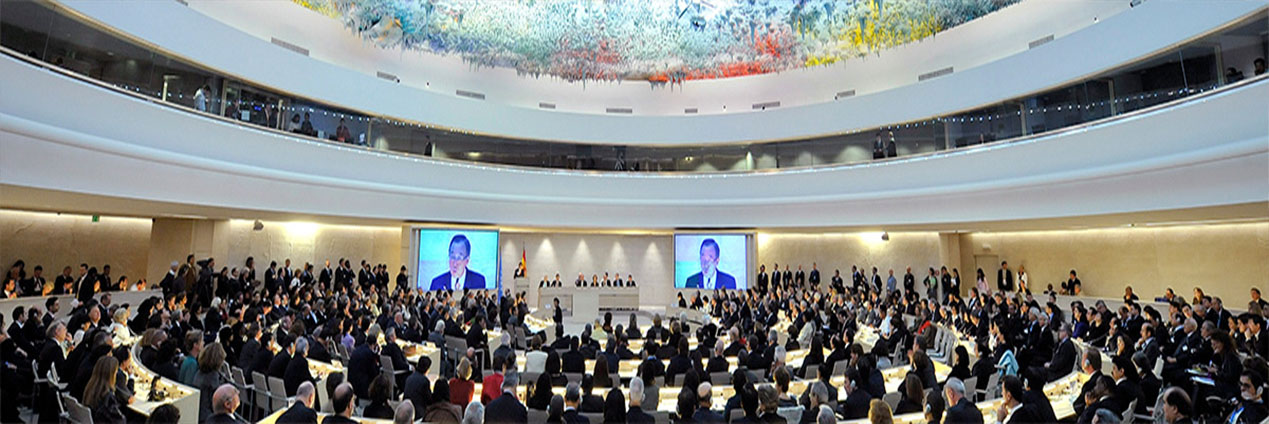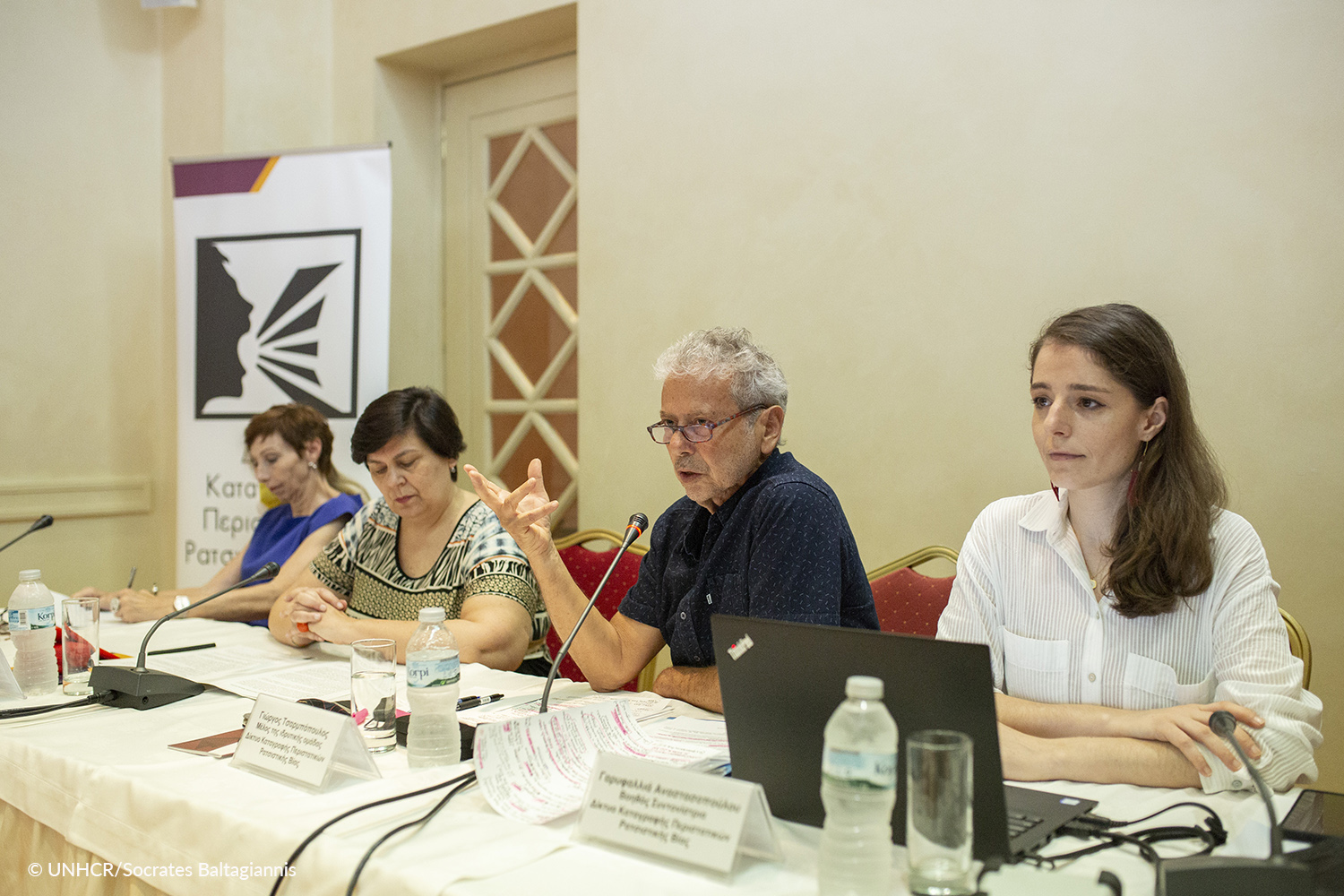Racist Violence through the recordings of RVRN – Victims’ Access to Justice, ten years after
The Racist Violence Recording Network (RVRN) held today a Press Conference to present the results from the recording of violent incidents with racist motive during 2021. This is the tenth Annual Report published by the Network, capturing the quantitative and qualitative trends of racist violence in Greece.
During January-December 2021, RVRN recorded, through interviews with victims, 72 incidents of racist violence.
- In 28 incidents, migrants, refugees or asylum-seekers were targeted due to their national origin, religion or colour, as well as human rights defenders due to their association with refugees and migrants. In one of the incidents, refugees as well as a minor Greek citizen were targeted at the same time, due to their nationality and ethnic origin respectively.
- In 5 incidents, the targets were Greek citizens due to their ethnic origin.
- In 2 incidents, the targets were Jewish sacred sites.
- In 36 incidents, the targets were LGBTQI+ individuals as well as human rights defenders, due to their connection with the LGBTQI+ community. In three of these incidents, refugees were targeted due to their sexual orientation and gender identity.
- In 1 case, the target was the victim’s disability.
In 19 incidents, the victims stated that they have experienced racist violence before, while in 39 incidents the attack was carried out by a group (of at least 2 people).
Regarding the perpetrators’ profile:
- In 43 incidents, there were civilians involved.
- In 7 incidents, the perpetrators were public servants.
- In 20 incidents, the perpetrators were law enforcement officials.
- In 1 incident, the perpetrator was an employer in agricultural works and based on the victim’s testimony, he was a police officer by profession.
- In 1 incident that occurred at the country’s sea borders and appears to have resulted in the informal forced return of the victims, the latter were attacked when they arrived on land by a group of hooded men riding in cars and motorbikes.
On the basis of the incidents recorded by the Network for 2021, the victims’ access to complaint mechanisms was shaped as follows:
- One (1) incident was reported to the police at the time it was recorded by RVRN.
- One (1) incident has been reported to the Greek Ombudsman.
- Criminal procedures were initiated for 5 incidents.
- In 8 incidents, the victims said that they had not reported the incident to the police but intended to do so.
- In 46 incidents, the victims said that they would not take further action due to fear, lack of trust in the authorities, as well as because of bureaucracy.
The RVRN recordings for 2021 showed a decrease in incidents of organized violence, to which contributed the court ruling condemning Golden Dawn as a criminal organization at the end of 2020. However, the specific pattern of attacks seems to be applied in other targeting frameworks in 2021, such as within the school environment. This highlights the need for constant vigilance on the part of competent authorities, in order to focus on policies to effectively prevent and combat any relevant trend of organized violence
In most of the incidents recorded by the Network and involving refugees and migrants, the victims identify law enforcement officials among the perpetrators. According to the Network’s recordings, racially motivated police violence sees a growing trend in recent years (2018-2021), especially during the pandemic.
The aversion to diversity and an oversimplified perception about blood ties were also reflected in incidents against individuals considered “less” Greek citizens, including in a flagship police violence case in 2021 against a Roma Greek citizen that resulted in homicide. Incidents of vandalism of a Jewish sanctuary were also recorded.
For yet another year, RVRN found that LGBTQI+ individuals were targeted by a wide range of perpetrators, including ordinary citizens, public officials, law enforcement officials, and even family members. Attacks against LGBTQI + individuals intensified amidst the pandemic, with domestic violence and harassing behaviors during controls of measures to contain the pandemic, being predominant.
Professor Maria Gavouneli, President of the Greek National Commission for Human Rights (GNCHR) and Maria Clara Martin, UNHCR Representative in Greece, opened today’s event while Garyfallia Anastassopoulou, Assistant Coordinator of the Network, presented the Report’s main findings. Giorgos Tsarbopoulos, former Head of the UNHCR Office in Greece and founding member of RVRN, moderated the discussion that followed and evolved around the topic of the victims’ access to justice. Yonus Mohammadi, Director of the Greek Forum of Refugees, sent a recorded message, which was shown during the event.
Key speakers included the following RVRN members’ representatives: Kostis Papaionannou (Signal, Researching and Confronting the Far-Right), Alexandra Karagianni (Ellan Pase), Anna Apergi (Transgender Support Association); as well as Thanasis Theofilopoulos, scientific associate of the Centre for Gender Equality (KETHI) and researcher of Panteion University. The discussion highlighted the progress and challenges during the last decade in relation to racist violence and victim support in order to access justice.
All interventions recognized the progress achieved over the last ten years in highlighting and documenting racist violence incidents, as well as the important role of the Network to this end. It was noted, however, that we must stay on alert, and that there is a need for competent authorities to immediately prioritize an effective system for the support and protection of victims of crime in general, but also of victims with special vulnerabilities, such as in incidents of racist or gender-based violence, regardless of whether the incident of violence was reported or not.
You may watch the online Press Conference for the presentation of the report here. (In Greek)
The English version of the RVRN 2021 Annual Report will be available during the next days. You may find the Greek version here.
______________________________________________________________________________
RVRN is coordinated by UNHCR in Greece and the Greek National Commission for Human Rights and is comprised of 52 Non-Governmental Organisations and civil society bodies, as well as the Greek Ombudsman and the Migrant Integration Council of the Municipality of Athens, as observers. Members: Aitima, Solidarity Now, Antigone -Information and Documentation Centre, University of Aegean Anti-Racist Observatory, Arsis, Doctors of the World (MdM), Amnesty International, Network for Children’s Rights, Network for Social Support of Refugees and Immigrants, “Pleiades – Hellenic Action for Human Rights”, Hellenic League for Human Rights, Hellenic Red Cross, Greek Council for Refugees, Greek Forum of Migrants, Greek Forum of Refugees, Human Rights Commission of the Bar Association of Rhodes, Positive Voice, Medical Intervention, Caritas Athens, Caritas Hellas, Centre for Research on Women’s Issues “Diotima”, Center for Life, “Babel” Day Centre, SYNYPARXIS (Coexistence) – ECUMENICAL REFUGEE PROGRAM, Network for the Support of Refugee and Migrant Rights (Patras), World Without War and Violence, LATHRA? – Solidarity Committee for Chios refugees, METAction, Rainbow Families, Group of Lawyers for the Rights of Refugees and Migrants, Group of Lawyers for the Support of Refugee and Migrant Rights (Thessaloniki), Homosexual and Lesbian Community of Greece, Association of Afghans United In Greece, Association of Social Workers of Greece, Greek Transgender Support Association, Faros tou Kosmou, Refugee Support Aegean, Act Up Hellas, ASANTE, Colour Youth – LGBTQ Youth Community of Athens, Generation 2.0 RED, HIAS in Greece, HumanRights360, Melissa Network, PRAKSIS, A21, Simeio for studying and fighting the far-right, Lesvos Solidarity, Steps, Legal Centre Lesvos, Aegean Migrant Solidarity | Christian Peacemaker Teams, ELLAN PASSE, International Rescue Committee (IRC).



